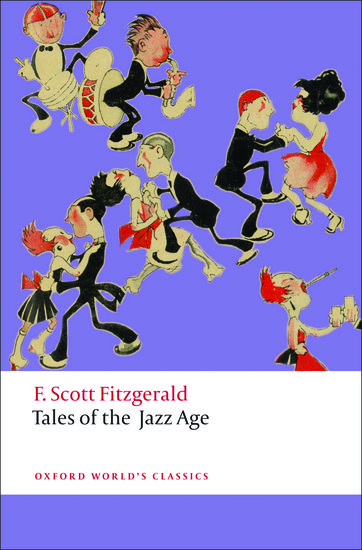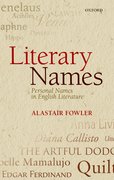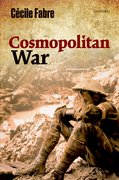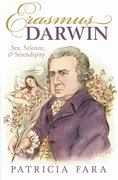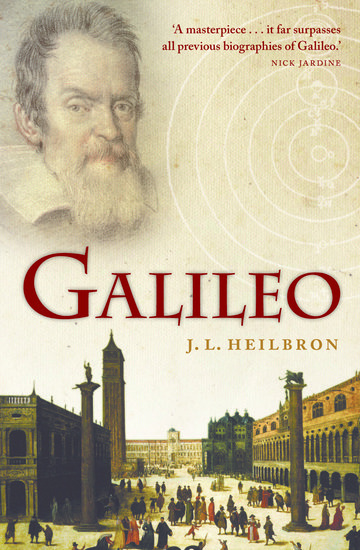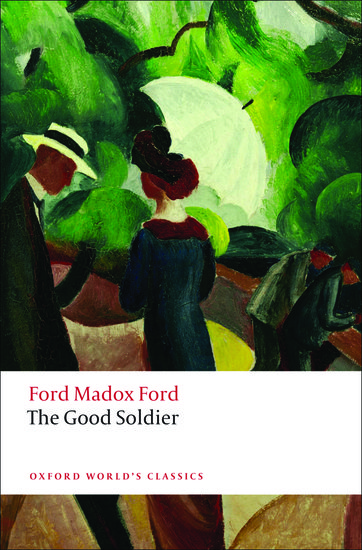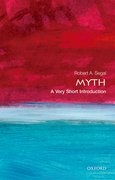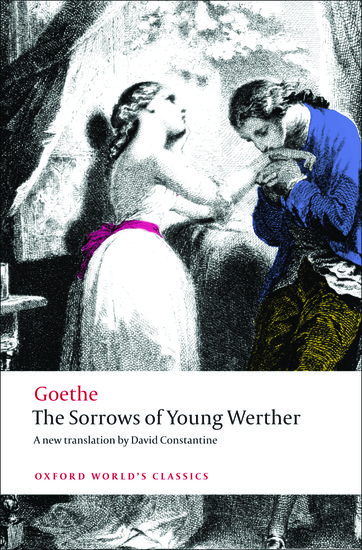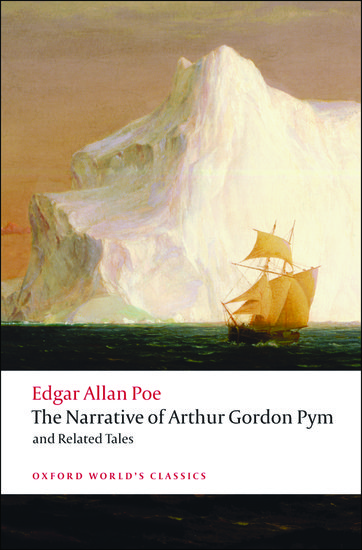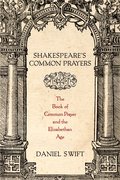Opposing narratives of success in politics
Stephanie Li
While our presidential candidates are known far in advance of the Democratic and Republican National Conventions, party conventions remain intriguing spectacles for the kind of human detail they offer about the men who aspire to the Oval Office. Every four years pundits and political commentators observe that conventions have become increasingly scripted affairs that lack the spontaneity of times past, but party conventions serve to present individual narratives as much as specific policy positions.



